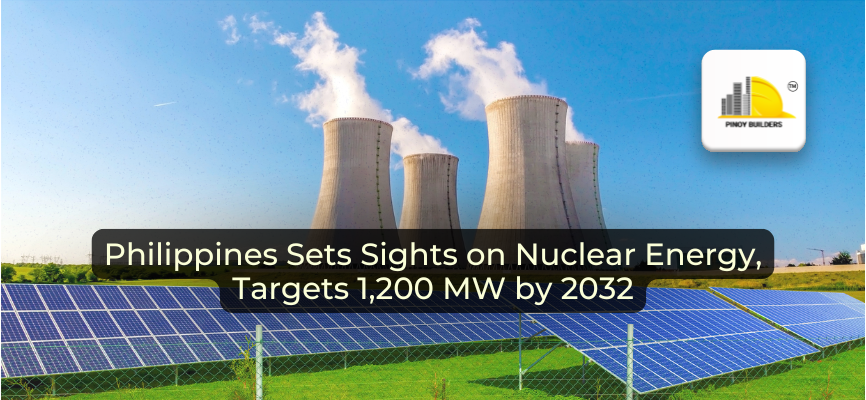The Philippines is advancing its nuclear energy ambitions with a plan to integrate at least 1,200 megawatts (MW) of nuclear power into its energy mix by 2032, as outlined in the country’s newly unveiled nuclear roadmap. The Department of Energy (DOE) announced this move at the 68th International Atomic Energy Agency (IAEA) General Conference in Vienna, Austria.
The finalization of the nuclear roadmap will make 2024 a significant year for the Philippines, according to Energy Undersecretary Sharon Garin. “We aim to have commercially operational nuclear power plants by 2032, with a starting capacity of 1,200 MW, potentially increasing to 4,800 MW by 2050,” said Garin. The roadmap follows the IAEA’s Milestones Approach and sets the stage for the country’s nuclear energy development.
Efforts are currently underway to establish an independent nuclear regulatory authority to ensure the safe implementation of nuclear power. The DOE is working closely with the Nuclear Energy Program-Interagency Committee (NEP-IAC), which has set up subcommittees to address critical infrastructure issues.
The Philippine government is also prioritizing key legislation focused on nuclear safety, including frameworks to safeguard public health, environmental protection, and national security.
In addition, the recent signing of the “123 agreement” between the Philippines and the United States is expected to enhance cooperation in nuclear power development. The agreement will facilitate the exchange of nuclear technology, knowledge, and materials between the two countries, boosting the Philippines’ ability to meet its energy targets.
The DOE has been encouraging private sector participation, with companies like Meralco already exploring micro-modular reactor systems as part of the nation’s push towards clean and sustainable energy. This development highlights the growing momentum for nuclear energy in the Philippines as the country strives to diversify its energy sources and achieve long-term energy security.










